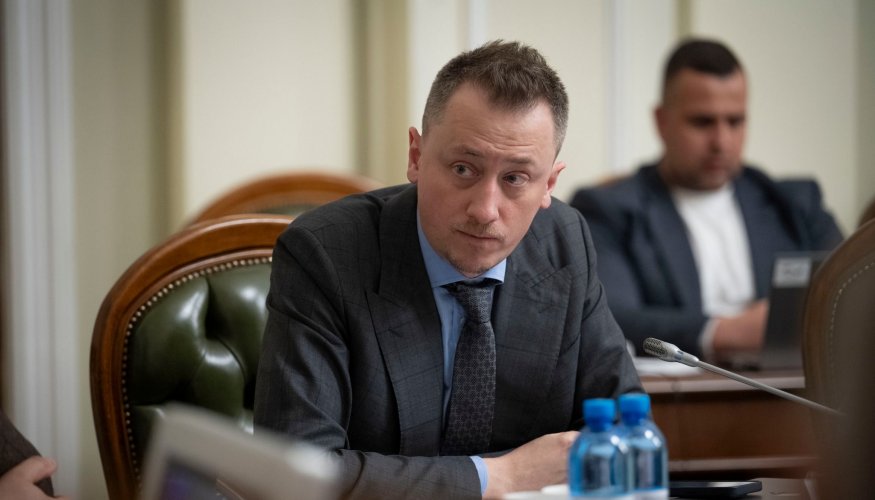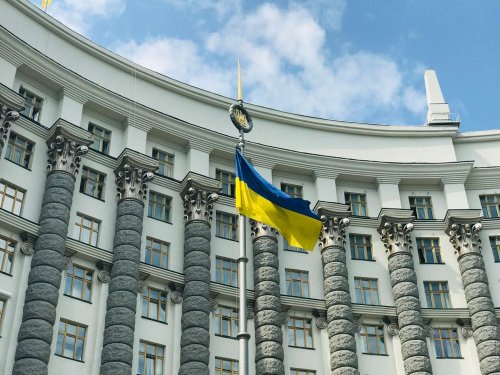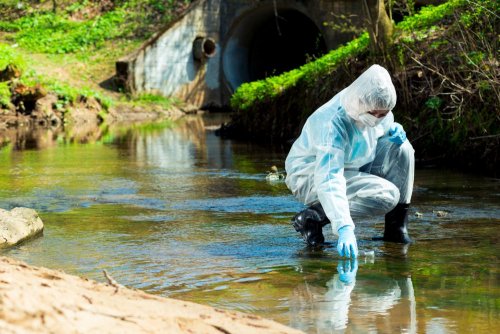On July 17, the Ukrainian parliament voted to appoint a new Cabinet of Ministers of Ukraine, in which Oleksiy Sobolev was entrusted with the position of Minister of Economy, Environment, and Agriculture.
The text of the relevant resolution was published on the website of the Verkhovna Rada of Ukraine.
253 members of parliament voted in favor of this decision.
EcoPolitic has gathered information about the newly appointed head of the new unified ministry, his professional experience, and his plans for his new position.
Year of birth: 1983.
Place of birth: Kyiv.
Age: 42.
Education: Graduated from Kyiv National Economic University with a master's degree in finance. He holds an international CFA financial analyst certificate issued by the CFA Institute (USA).
Career:
- December 2004 – April 2007: Worked at the consulting company Ernst & Young, where he was involved in the preparation of financial reports.
- May 2007 – February 2015: Served as asset manager at the Ukrainian investment company Dragon Asset Management.
- 2015-2016: Advisor to the Minister of Infrastructure of Ukraine. Coordinated projects aimed at increasing transparency, developing open data, and improving corporate governance of state-owned enterprises.
- 2016-2018: Managed the Prozorro.Sale project at Transparency International Ukraine. Responsible for coordinating the development of IT solutions for the transparent sale of state assets. International experts have repeatedly recognized Prozorro.Sale as one of the most successful anti-corruption initiatives in the field of public administration.
- 2018-2023: Headed the state-owned enterprise Prozorro.Sale.
- January 24, 2023 – July 2, 2024: Deputy Minister of Economy of Ukraine for Digital Development, Digital Transformation, and Digitalization.
- July 2, 2024 – July 16, 2025: First Deputy Minister of Economy of Ukraine.
He is the president of the professional community CFA Society Ukraine, as well as the head of the CoST Ukraine Advisory and Monitoring Group, which deals with transparency in the field of infrastructure.
Plans for his new position
On the day of his appointment, Oleksiy Sobolev published a post on his Facebook page outlining his vision for his future activities as Minister of Economy, Environment, and Agriculture. He promises to combine the best practices of three ministries — the Ministry of Economy, the Ministry of Agrarian Policy and Food, and the Ministry of Environmental Protection and Natural Resources — and add modern tools:
- digital services;
- deregulation;
- support for entrepreneurship;
- attracting investment;
- access to international financing.
“We plan for this to be a new institutional platform for a holistic vision of the country's development,” writes Oleksiy Sobolev.
European integration
The government official promises to continue working on adapting legislation to EU standards in the areas of economy, agro-industry, ecology, and natural resources. According to Oleksiy Sobolev, the unified ministry will coordinate about 15 of the 35 negotiation chapters for future EU membership in all six clusters.
Investments
The new minister sees many promising projects in the agro-industrial complex and environmental protection sectors. He and his team aim to attract as much funding as possible for projects in subsoil and water use, land reclamation, forestry, waste management, agro-processing, etc.
Process optimization
Oleksiy Sobolev considers large-scale deregulation, digitization of procedures, and reduction of inspections for businesses to be another important area of work.
“Where work in this area has not been completed, we will do everything necessary — in all three sectors that we are currently responsible for,” the new minister promises.
In his post, Oleksiy Sobolev emphasized business several times. Therefore, we sincerely hope that this priority will not harm environmental issues, as eco-activists and conservationists reasonably fear. The latest striking example of business interests prevailing over environmental conservation was the adoption of the controversial bill No. 12089, which was opposed by both the public and the authorities. It significantly complicates, and sometimes makes it impossible, to return illegally built-up forests, coastal protection strips, and green areas to the state.
As EcoPolitic recently reported, representatives of numerous public organizations published a joint statement on the inadmissibility of liquidating the Ministry of Environment as a separate agency and merging it with the Ministry of Economy and the Ministry of Agriculture.





